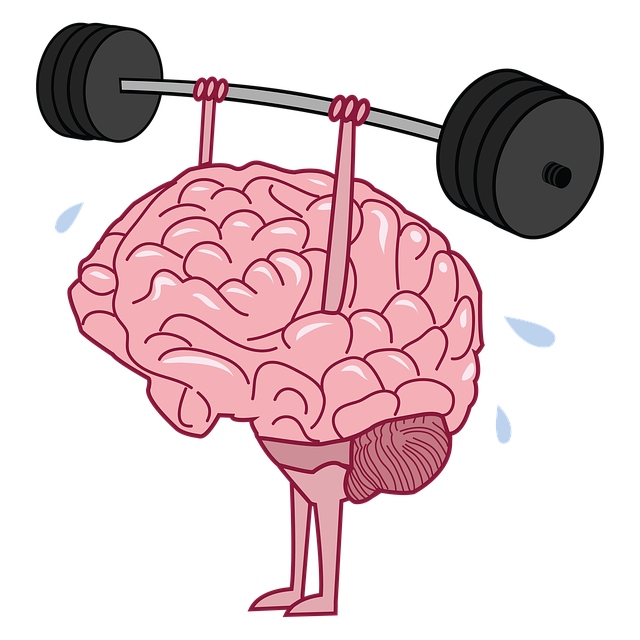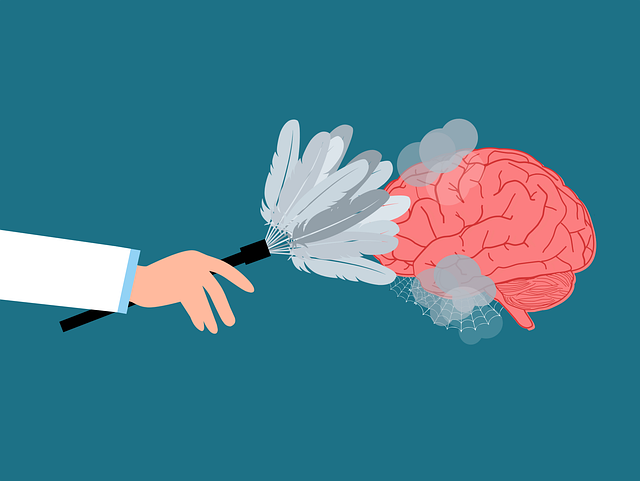Substance abuse, driven by complex individual and societal factors, carries significant physical and psychological risks. Aurora EMDR Certified Therapy offers a specialized approach to address underlying trauma contributing to misuse, promoting recovery through Eye Movement Desensitization and Reprocessing (EMDR). This method combines therapy sessions with mental wellness journaling to enhance self-awareness, resolve traumatic memories, and develop healthier coping strategies for long-term success. Lifestyle changes, including exercise, nutrition, and sleep, alongside community engagement and support networks, create a robust foundation for mental well-being and prevention of substance abuse. Aurora EMDR Certified Therapy guides individuals through these processes, targeting addiction's core causes and fostering recovery within supportive communities.
Substance abuse poses significant risks to individuals and society. Understanding these dangers is the first step towards recovery. This article explores comprehensive risk reduction strategies, delving into key aspects such as recognizing substance abuse, leveraging Aurora EMDR Certified Therapy for effective treatment, implementing lifestyle changes to mitigate risks, and fostering support systems within communities. By integrating these approaches, individuals can navigate their journey towards a healthier, safer future.
- Understanding Substance Abuse and Its Risks
- The Role of Aurora EMDR Certified Therapy
- Lifestyle Changes for Risk Mitigation
- Support Systems and Community Engagement
Understanding Substance Abuse and Its Risks

Substance abuse refers to the harmful use of drugs or alcohol, leading to a range of physical and psychological health issues. It’s a complex problem deeply rooted in individual circumstances and societal factors. Understanding these risks is crucial for implementing effective prevention strategies. Aurora EMDR Certified Therapy offers a specialized approach to address underlying trauma often associated with substance misuse, helping individuals break free from destructive patterns.
In addition to therapy, promoting mental wellness through coaching programs and reducing the stigma surrounding mental illness can play a significant role in risk mitigation. By fostering open conversations and providing support, communities can encourage early intervention and seek help without fear of judgment. Moreover, burnout prevention strategies are essential, as stress and exhaustion can trigger or exacerbate substance abuse.
The Role of Aurora EMDR Certified Therapy

Aurora EMDR Certified Therapy offers a powerful approach to risk reduction for substance abuse. This therapy leverages Eye Movement Desensitization and Reprocessing (EMDR) techniques, designed to help individuals process traumatic memories and emotions while promoting positive coping strategies. By addressing underlying emotional conflicts resolved through EMDR, clients develop inner strength and resilience crucial for maintaining sobriety.
Through structured sessions guided by certified therapists, Aurora EMDR Certified Therapy incorporates conflict resolution techniques and mental wellness journaling exercises. These tools empower individuals to manage triggers, recognize early warning signs of relapse, and cultivate healthier coping mechanisms. By integrating these practices into daily routines, clients gain valuable insights into their emotional patterns and develop a profound sense of self-awareness, contributing significantly to long-term recovery success.
Lifestyle Changes for Risk Mitigation

Making lifestyle changes can significantly reduce risks associated with substance abuse. Encouraging individuals to adopt healthier habits like regular exercise, balanced nutrition, and adequate sleep forms a robust foundation for mental well-being. These adjustments not only strengthen overall health but also enhance resilience against cravings and triggers, making it easier to navigate recovery journeys.
Aurora EMDR Certified Therapy plays a pivotal role in this process by facilitating self-awareness exercises that help individuals identify and modify negative thought patterns. By promoting positive thinking and integrating it with effective therapy techniques, this approach empowers people to make informed decisions about their well-being. In turn, such proactive measures contribute to robust mental health policy analysis and advocacy, ultimately fostering communities that prevent substance abuse through comprehensive risk mitigation strategies.
Support Systems and Community Engagement

Building a strong support system is integral to mitigating risks associated with substance abuse. This includes fostering healthy relationships within one’s community, such as joining support groups or participating in local initiatives that promote well-being. In cities like Aurora, resources like EMDR Certified Therapy provide specialized treatment options, addressing the root causes of addiction and offering valuable tools for managing triggers. Engaging with these services not only enhances individual recovery but also strengthens the overall resilience of communities against substance abuse.
Community engagement plays a pivotal role in risk reduction by fostering an environment that discourages substance misuse and encourages healthier alternatives. Organizations focused on stress management workshops, conflict resolution techniques, and crisis intervention guidance can equip individuals with essential coping mechanisms. By actively participating in these initiatives, members of at-risk communities gain access to knowledge and skills that empower them to make positive choices and seek help when needed, thereby reducing the likelihood of substance abuse and its associated dangers.
Substance abuse poses significant risks, but with the right strategies, individuals can reduce these dangers. By understanding the core issues, seeking professional help like Aurora EMDR Certified Therapy, embracing lifestyle changes, and building supportive communities, one can effectively navigate recovery. These integrated approaches empower individuals to take control of their well-being and lead healthier lives.














